There is an urgent need for Governors to respect rule of law at all times. Governors must stop breaching fundamental human rights of persons in their states. States are not nursery schools for Governors to dish out orders and criminalise actions and inactions of persons in their state. They should rather embrace quick legal processes and procedures for making regulations in their states even without disturbing/engaging their Houses of Assembly. Regulations are not made by keeping mean faces on television and ordering the wearing of nose mask and flogging of citizens. Other Governors (including the Presidency) should learn from Lagos State Government in the art of making relevant regulations. More dangerous and greater than the Coronavirus (COVID-19) is lawlessness.
We cannot afford to plunge NIGERIA into anarchy because of COVID-19 and failure of executive arms of government to embrace rule of law. Are they still Attorneys General in all states across Nigeria? Why are failure to wear nose masks, wash hands or even buy hand sanitizers touted as offences without making laws and regulations to criminalise such? One understands the duty of government to protect Nigeria and Nigerians, however such must be done without disregarding the same laws that created Nigeria and her governments.
In all parts of NIGERIA, Offences (Crimes) are ONLY created by written LAWS made by the legislature or by written REGULATIONS and BYE-LAWS made by the executive. Until an action or inaction is criminalised by written law or regulation, it is not YET an OFFENCE. So, television or social media broadcast by any Governor, Commissioner, Security Head or even the President, his Ministers and agents CANNOT criminalise an action or inaction. At best, such television and social media threats/pleas are mere policy guidelines/protocols and directions. The Supreme Court of Nigeria has warned that policy guidelines of government are not laws. When government is serious with a policy guideline and wants the force of law and compliance, it will turn its policy guideline into a Regulation. The Quarantine Act, the COVID-19 Regulations, Lagos State Infectious Diseases (Emergency Prevention) Regulations 2020 and no known state regulation has criminalized non-wearing of nose mask, social distancing or non-use of hand sanitizers.
However, the writer is not unaware of the efforts of Nigeria Center for Disease Control (NCDC), including making of guidelines and protocols for fighting COVID-19, among others. Unfortunately, while executive orders, regulations, rules and bye-laws are laws (subordinate legislation), Policy Guidelines like the NCDC Guidelines and Protocols are not laws or Regulations. Such guidelines and protocols have no force of law and as such no person can be arrested or charged for any offence under them. Hence, government is advised to collaborate with NCDC and ensure that some of their guidelines and protocols are adopted and turned into COVID-19 Regulations. Once selected NCDC guidelines and protocols are turned into Regulations, government will have legal grounds to charge offenders to court and punish them accordingly based on the regulations. The NCDC on its own with the approval of the Minister for Health can MAKE REGULATIONS and issue guidelines to protect Nigerians from the impact of communicable diseases of public health importance like COVID-19. Also the Minister for Health can give directives to the board of the NCDC to make necessary Regulations.
Note, Laws in Nigeria are made by the National Assembly for the entire country while Houses of Assembly in the 36 states of Nigeria make laws for their respective states. Federal Laws and State Laws often delegate some law-making powers to executive government for efficient implementation of laws. In exercise of delegated law-making powers (quasi-legislative powers), the executive arms of government (like, the President, Federal Ministers, Heads of Federal Parastatals, Governors, State Commissioners and Heads of State Parastatals) make Executive Orders, Regulations and Rules for effective and efficient implementation of existing laws. Consequently, written Executive Orders, Regulations or Rules legally made by an executive government are binding Law.
As at today, there is no known law or regulation in any part of Nigeria that has made the wearing of nose masks or use of hand sanitizers compulsory or that has criminalized the non-wearing of nose mask. Consequently, no human rights or any right can be restricted over mask or sanitizers unless there is a contrary justifiable written law or state of emergency. The fight against Coronavirus (COVID-19) requires wearing of nose masks, use of hands sanitizers as well as social distancing among other things. A good government needs to make relevant regulations over such actions to ensure there is compliance and legal grounds for enforcement and sanction. Government must learn to be strategic and thoughtful. Governors must listen to their Attorneys General especially on issues of law and not to their instincts. Good Governors (like Lagos State Governor) make regulations to control the affairs of state and not just dish out illegal commands through social media and television. By the way, lawyers that join in enforcement of non-existing laws and crimes are warned to be professional at all times.
The writer is not unaware of COVID-19 pandemic and governments interventions to end it. The security and welfare of the good people of Nigeria are the primary purpose of government. However government must be lawful and law abiding in achieving such purpose. It is advised that constitutional procedures and statutory processes should be engaged at all times to avoid causing more problems in attempting to solve one. We must conquer COVID-19 without violating fundamental human rights of Nigerians even where such rights may be restricted. Stay at Home and Stay Healthy!
My authorities are:
1. Sections 1, 4(3), 14, 20, 33, 34, 35, 36, 37, 38, 39, 40, 41, 42, 43, 44, 45, 305, of the Constitution of the Federal Republic of Nigeria, 1999.
2. Sections 1, 2, 3, 4, 6 and 8 of the Quarantine Act of 1926.
3. Sections 1, 3, 4, 24, 25, 27 and 28 of the Nigeria Center for Disease Control and Prevention (Establishment) Act, 2018.
4. Sections 12, 17, 18 and 39 of the Interpretation Act, 1964.
5. Provisions of the COVID-19 Regulations 2020.
6. Regulations 1, 2, 3, 4, 5, 7 and 8 of the Lagos State Infectious Diseases (Emergency Prevention) Regulations 2020
7. Sections 53 and 58 of the Lagos State Public Health Law, Cap Ch. P16, Laws of Lagos State 2015.
8. Rules 30, 32, 56 and 57 of the Rules of Professional Conduct for Legal Practitioners, 2007.
9. The Supreme Court judgment on “Offence Unknown To Law” in the case of CHIEF OLABODE GEORGE v. FRN(2013) LPELR-21895(SC)
10. The Court of Appeal judgment on “Offence Unknown To Law” in the case of OMATSEYE v. FRN (2017) LPELR-42719(CA)
11. The Supreme Court judgment on “Meaning of Regulation” in the case of AG LAGOS STATE v. EKO HOTELS LTD & ANOR (2006) LPELR-3161(SC)
12. The Court of Appeal judgment on “Meaning of Executive Order/Regulation” in the case of ELEPHANT GROUP PLC v. NATIONAL SECURITY ADVISER & ANOR (2018) LPELR-45528(CA)
13. The Supreme Court judgment on “Policy Documents/Guidelines” in the case of COMPTROLLER GENERAL OF CUSTOMS & ORS v. COMPTROLLER ABDULLAHI B. GUSAU (2017) LPELR-42081(SC).
14. The Supreme Court judgment on “Policy Documents/Guidelines” in the case of UNION BANK OF NIGERIA PLC & ANOR. v. IFEOLUWA NIG. ENTERPRISES LTD (2007) 7 NWLR (Pt.1032) 71 at 84.
#SabiLaw
#DailyLawTips
#SabiBusinessLaw
#SabiElectionLaws
#SabiHumanRights
#SabiLawOnBeatFm
#SabiLawLectureSeries
#CriminalJusticeMonday
#SabiLawVideoChallenge
Speak with the writer, ask questions or make inquiries on this topic or any other via info@LearnNigerianLaws.com or onyekachi.umah@gmail.com or +2348037665878. To receive our free Daily Law Tips, follow our Facebook Page:@LearnNigerianLaws, Instagram:
@LearnNigerianLaws and Twitter: @LearnNigeriaLaw
Please share this publication for free till it gets to those that need it most. Save a Nigerian today! NOTE: Sharing, modifying or publishing this publication without giving credit to Onyekachi Umah, Esq. and “LearnNigerianLaws.com” is a criminal breach of copyright and will be prosecuted.
This publication is the writer’s view not a legal advice and does not create any form of relationship. You may reach the writer for more information.
Powered by www.LearnNigerianLaws.com {A Free Law Awareness Program of Sabi Law Foundation, supported by the law firm of Bezaleel Chambers International (BCI).}












































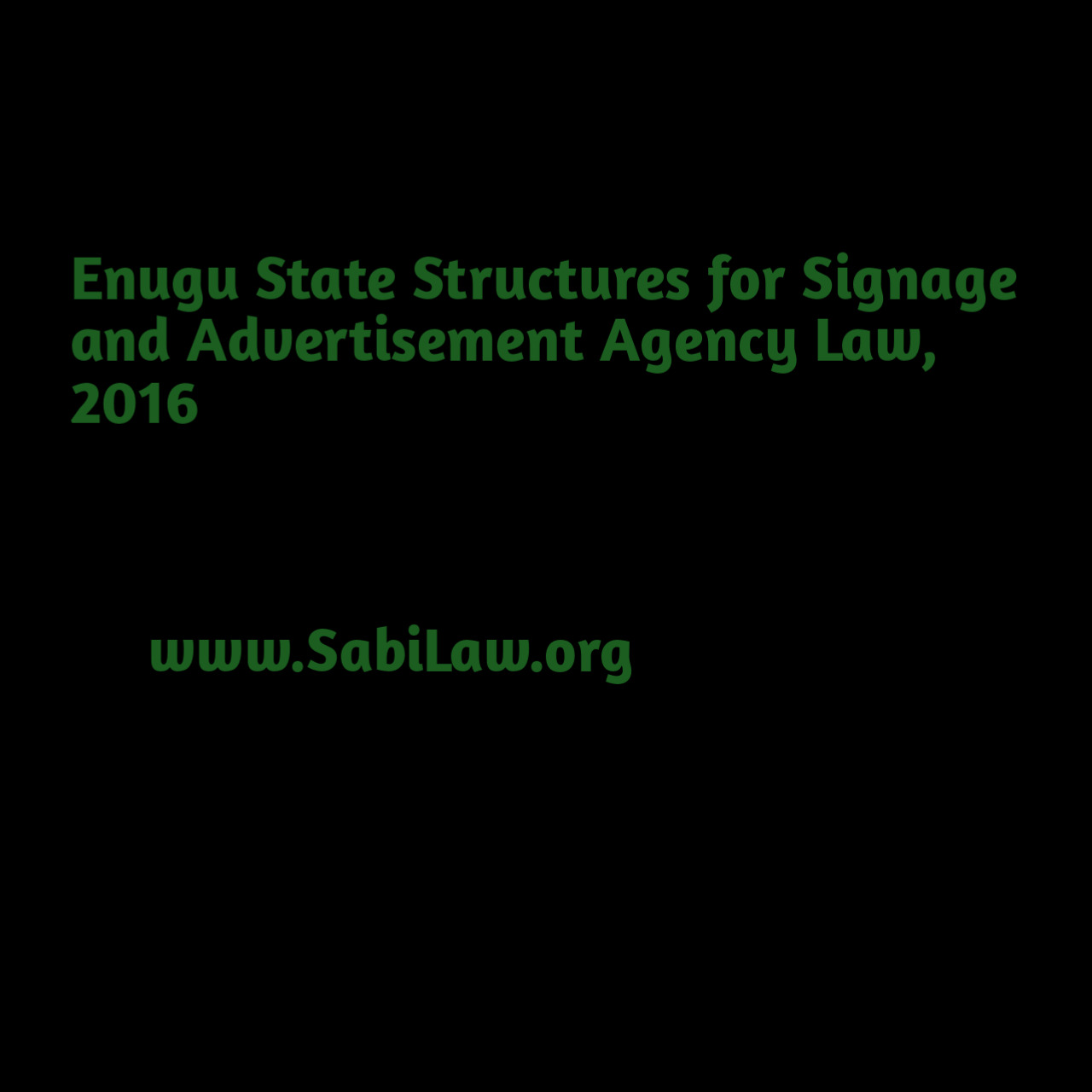
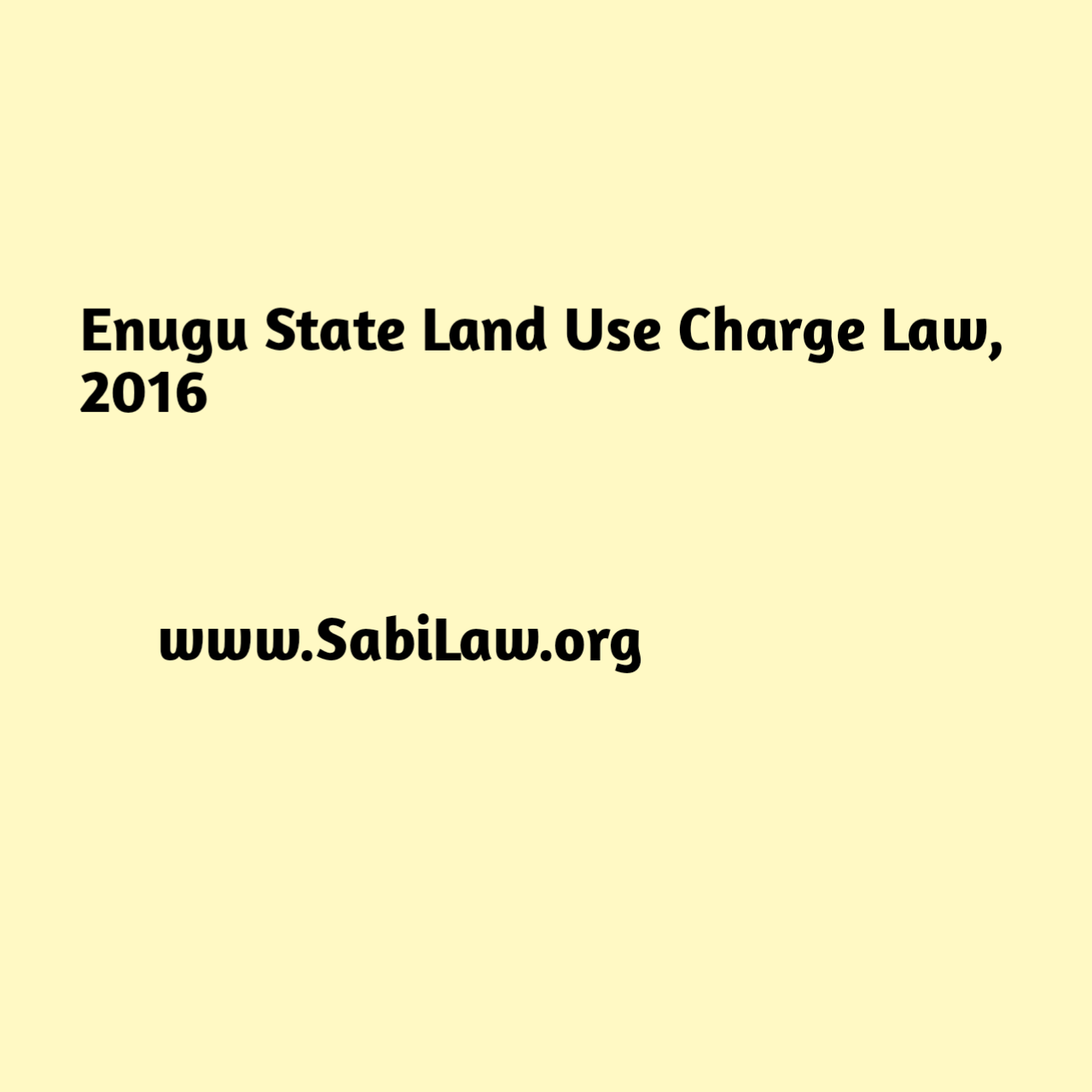
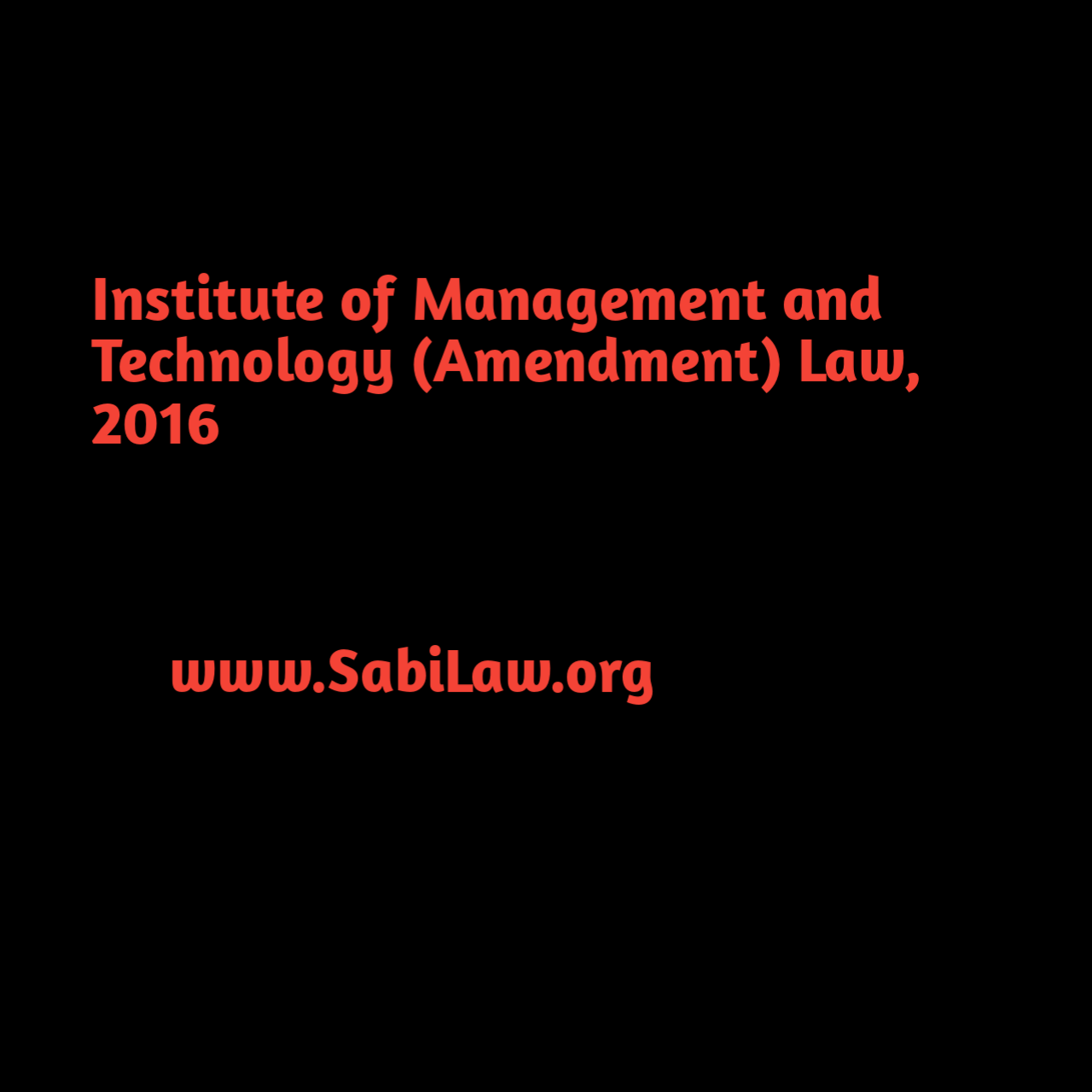
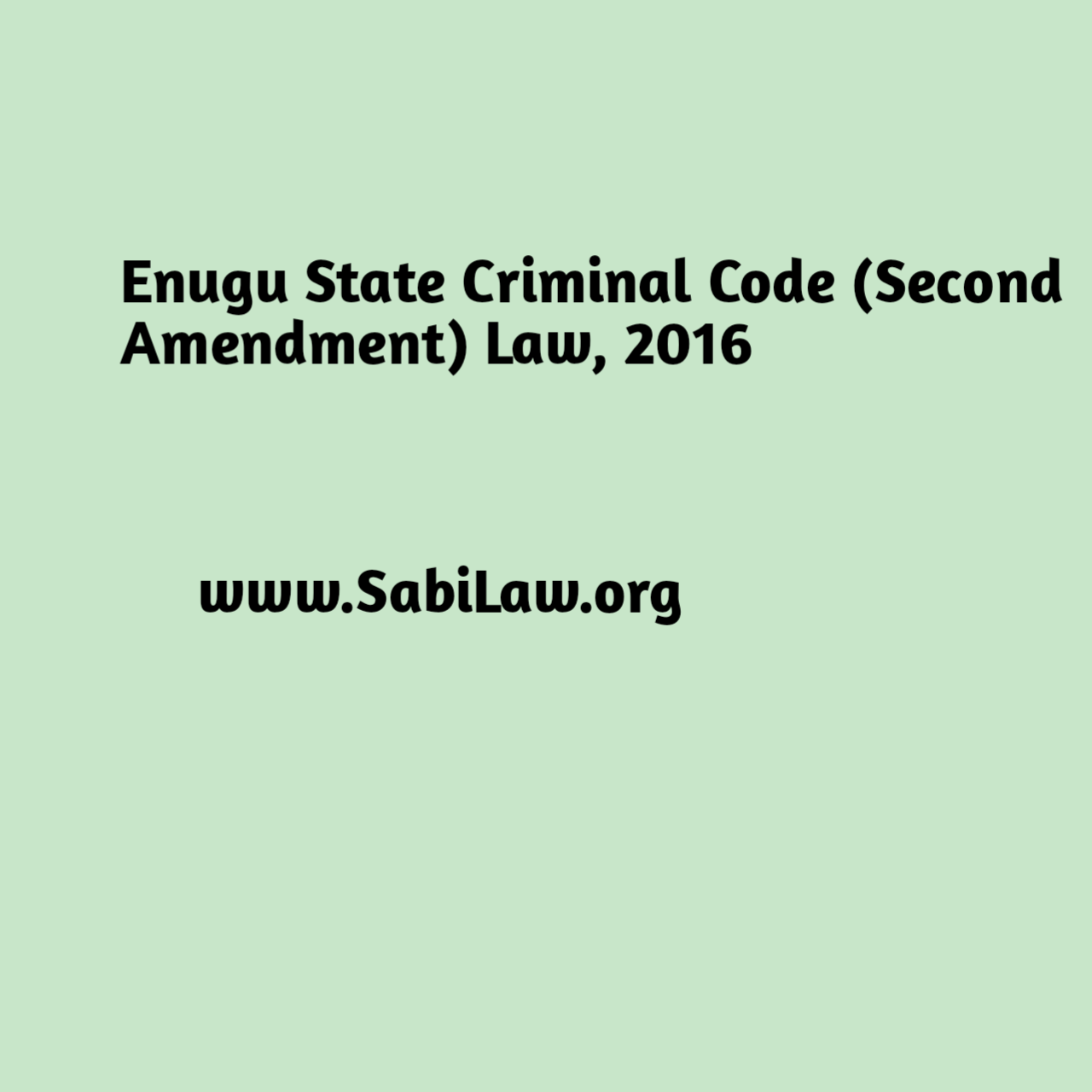
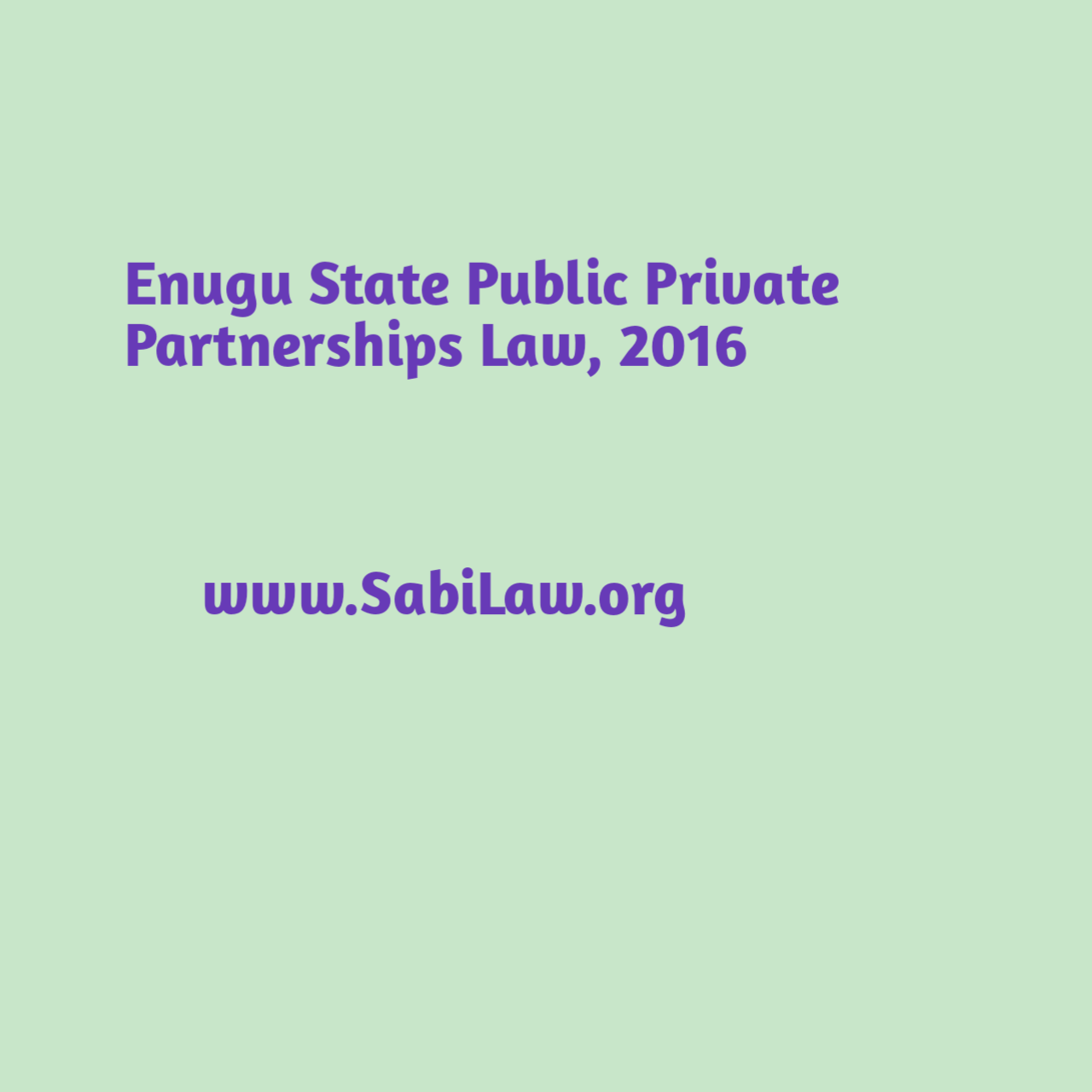
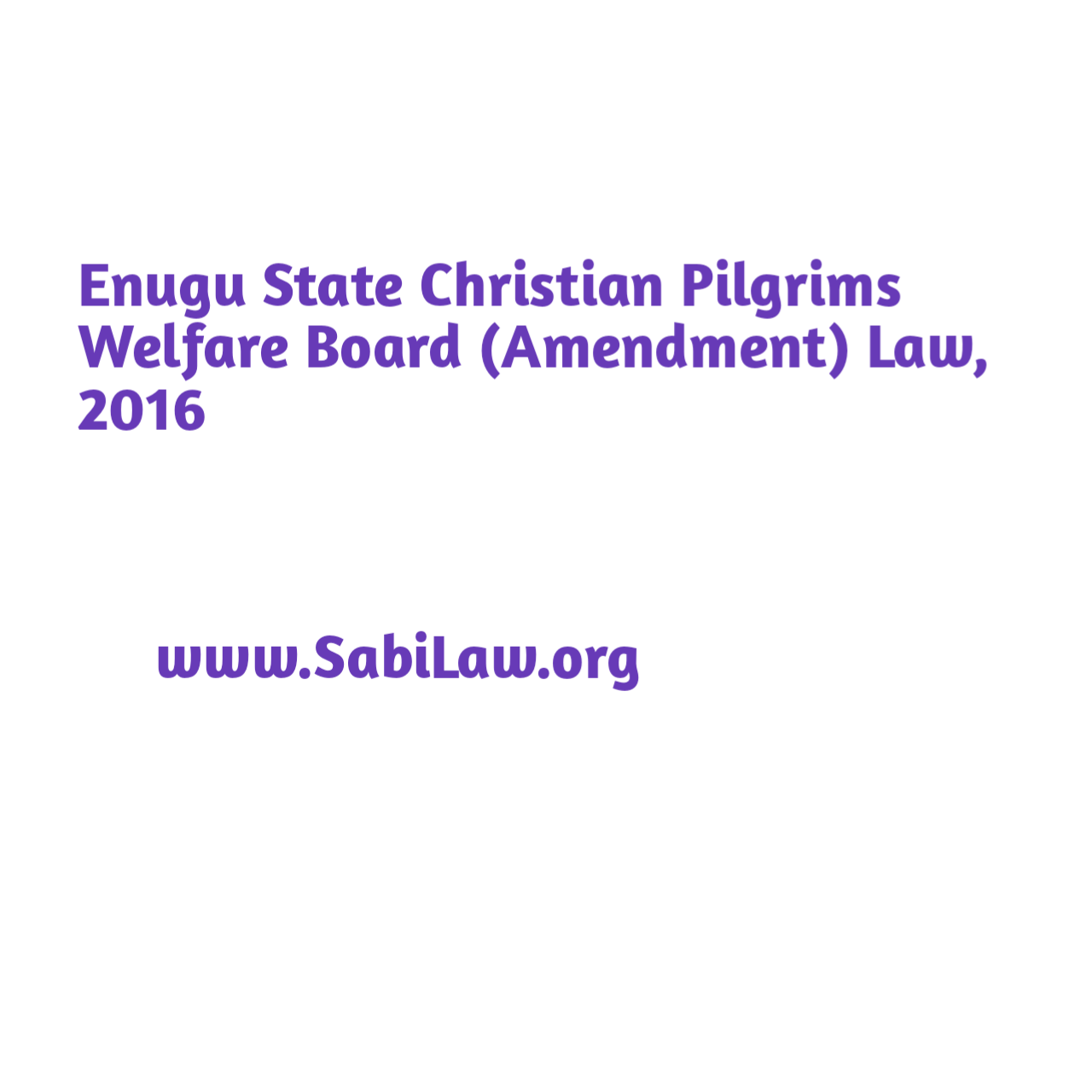
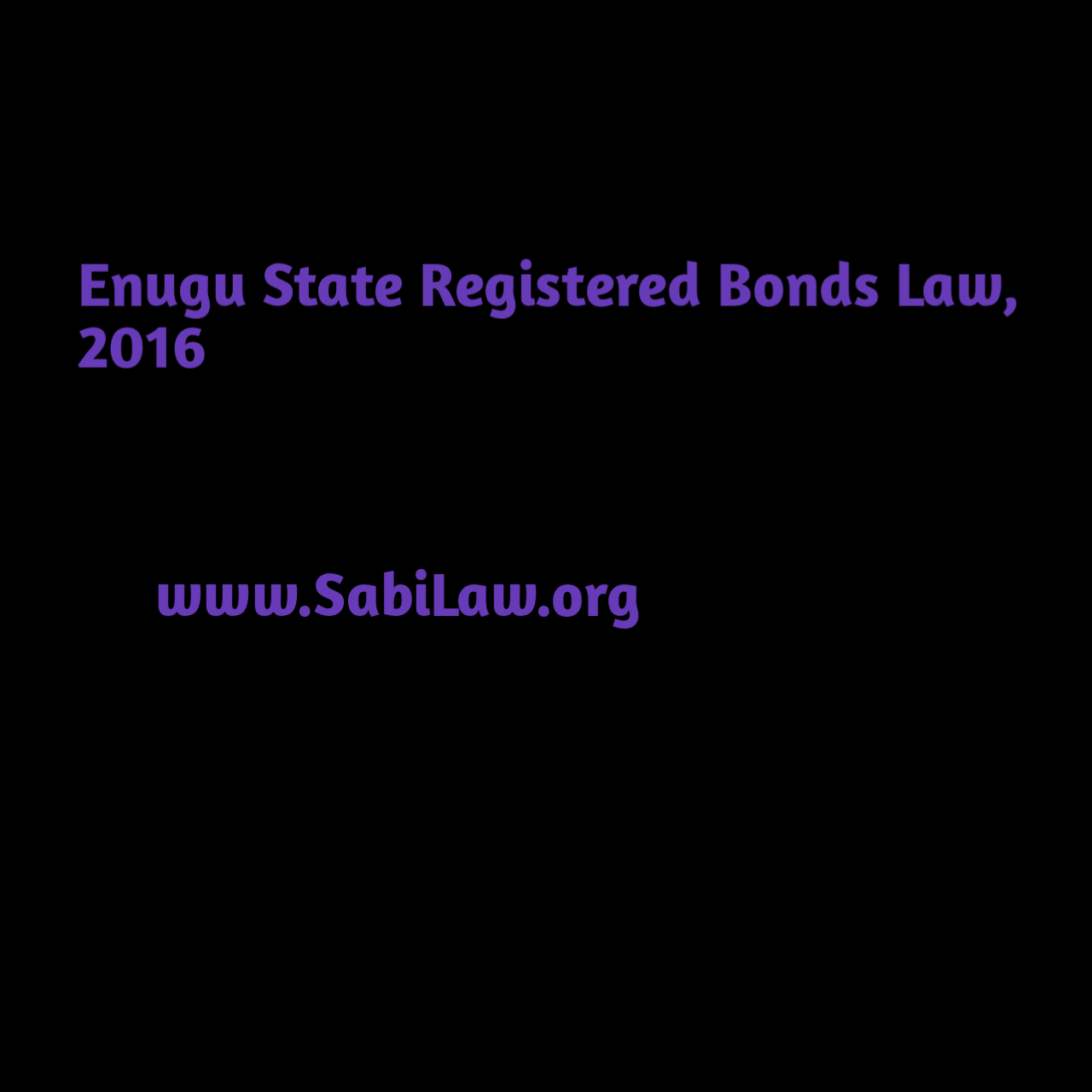
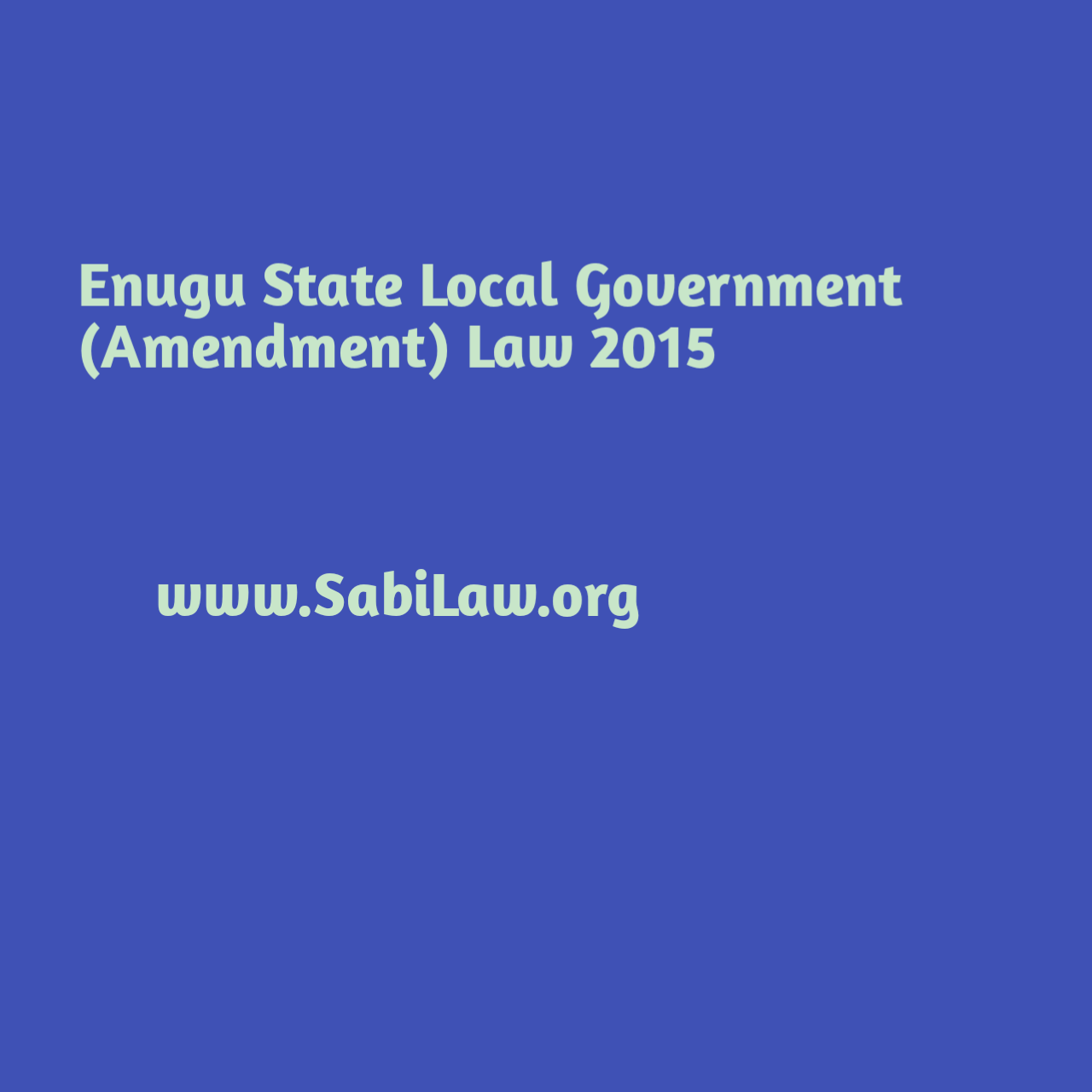
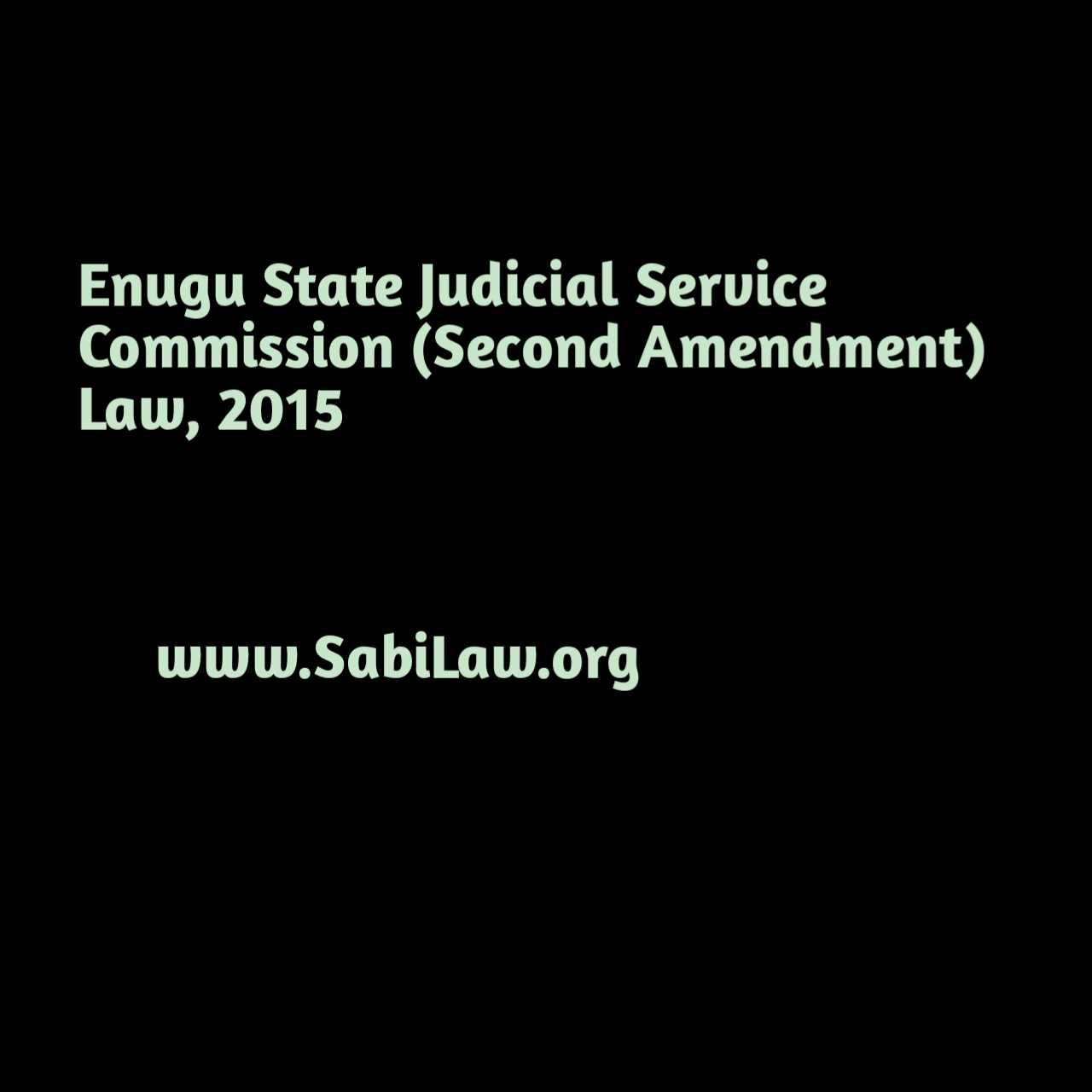
4 Responses